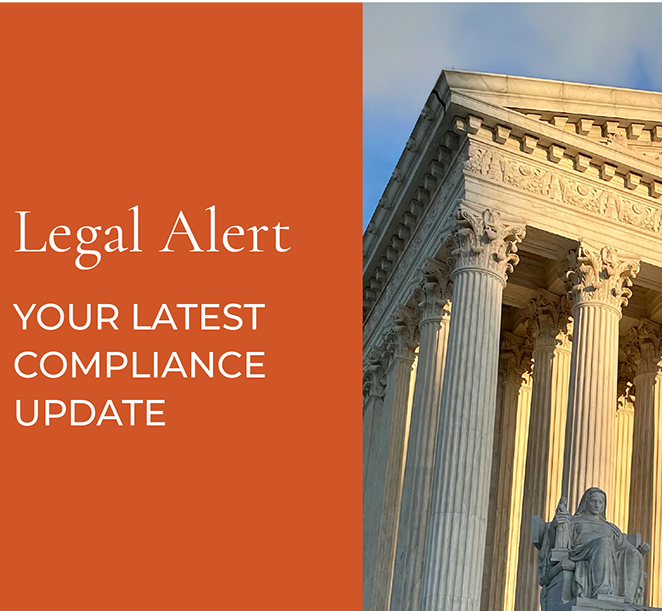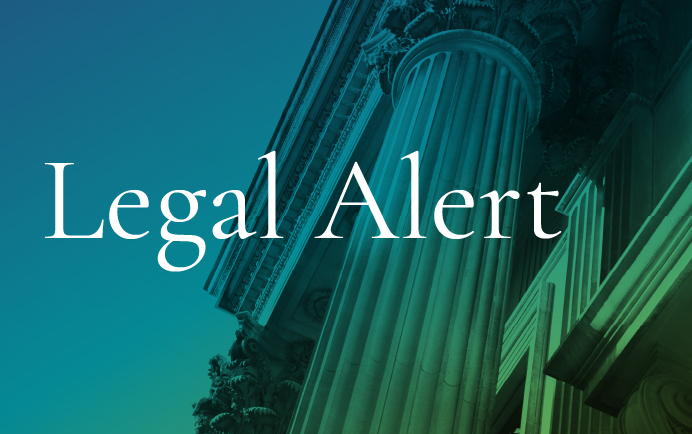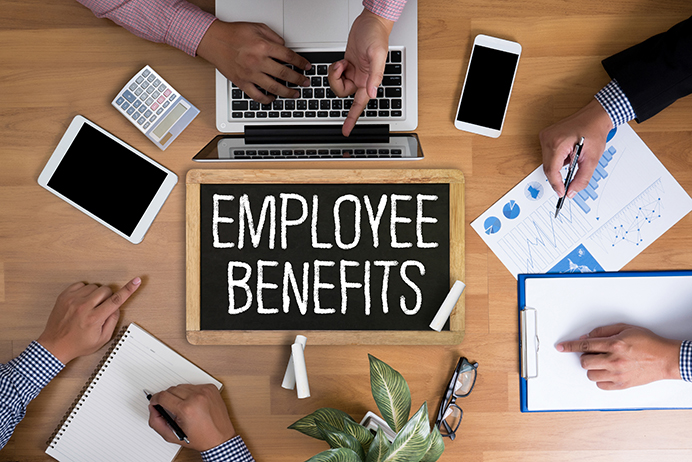Workplace Wellness: Gathering Employee Information
As mentioned in our previous blog, finding out the health status and interests of your employees is paramount to the success of your wellness program. Choosing the right way to gather information could be a huge factor in how suitable your program is for your employees and your internal culture. Keep in mind that not everyone will be open about their health, and those who are may hold a certain bias about their health status. Think of the chain smoker who puffs and pants their way up a set of stairs but still claims to be as fit as a fiddle at every turn. Choosing the right method of information gathering will help you to see the forest from the trees and paint as true a picture as possible to move forward.
Surveys - Tried, true...potentially temperamental
Surveys are a cost effective and simple way to gather information about your employees. If resources and time are tight, you may be tempted to use this method of data collection. If you use survey software to administer your questionnaire, the analysis of the information you collect will be simple and clear. Easy, cost-effective and comprehensive; it sounds like the perfect solution doesn’t it? Maybe not. The main disadvantage of using a survey is the question mark over the validity of the answers. Respondents may not feel encouraged to provide honest, accurate answers and may feel uncomfortable providing answers that present themselves in an unfavourable way. Creating an anonymous survey may go some way to help with these issues but if accuracy of answers is more important to you than time and resources then consider an alternative method of getting to know your employees
Focus Groups - Intimate…potentially intimidating
Focus groups can be an excellent way to obtain detailed information about both personal and group opinions. They can provide a broad range of information and perhaps most importantly they give you the opportunity to seek clarification. You are also getting the information directly from the horse’s mouth so the temptation to provide misleading answers will be somewhat subdued. Unfortunately, some horses neigh louder than others. One of the main difficulties with a focus group is encouraging everybody present to participate. The most dominate person can push their view through to the point where more reserved participants just go with the flow. You have to be careful that you don’t end up with a wellness initiative for the few instead of for all.
Health Risk Assessments (HRAs) - Holy Grail...which was an epic quest, so...
HRAs are perhaps the most comprehensive, accurate and popular way to gather information about common employee health concerns. Similar to a survey, HRA’s use a questionnaire to gather information on a person’s health. However, the addition of a personal confidential report and a risk calculation provides far more incentive for the participant to give honest answers. Everybody is drawn in by the promise of a personal report that is all about them! As well as being an excellent way of gathering the information you need to kick-start your wellness program, HRA’s are also fantastic individual motivators. They often bring to light individual health risks that the participant either didn’t know about or didn’t want to face. Cold, hard facts can often spur a person to change habits and engage in the wellness program you implement. The group data that you receive from this method will allow you to identify major health problems and risk factors that can then be addressed through your wellness initiatives. If resources allow, you can combine the HRA with on-site health examinations to measure things like blood pressure and glucose levels. If you are looking for a transparent, motivational and popular way of collecting health information about your employees, HRA’s are the way to go.
Some health plan providers and health care systems offer HRA programs for the workplace. Contact Lumity to find out what options are available.
Be sure to subscribe to stay up-to-date on all the tips, tricks, and tools we post weekly or follow us on Twitter or LinkedIn.





